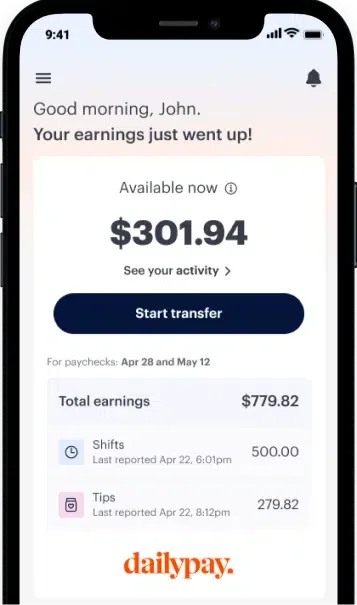Feeling stuck in your career? If so, you probably aren’t alone. Roughly 55% of workers say they’ll probably look for a new job this year, according to one Bankrate survey. You may choose to stay in your industry but explore a different employer. Others might hop into a new profession altogether. Either way, you may be mulling over the idea of going back to school.
It’s a big decision that can have major financial repercussions, for better or worse. Here are some things to consider before enrolling.
Pros and cons of going back to school
Pros
Going back to school can have its benefits. If doing so ultimately leads to a better-paying job or a more satisfying career, most would say that’s a win. Exploring new coursework and connecting with like-minded peers can also be rewarding. It could be an opportunity to dive deeper into your interests and grow your professional network in an organic way.
Cons
Of course, there are potential drawbacks as well. You may have to juggle school work with the demands of a full-time job and family. This can slow your progress and add in extra stress. And then there’s the expense. The cost of a master’s degree generally ranges anywhere from $30,000 to $120,000, depending on the program and school. For an undergraduate degree at a four-year, in-state college, the average cost comes in at $25,487. It’s worth noting, however, that these numbers are mere estimates. If you’ve already completed prerequisite coursework and aren’t paying for room and board, earning a new degree could be much cheaper.
Questions to ask yourself before going back to school
If you’re miserable at your current job, you could be so antsy to leave that you’re idealizing going back to school. It might feel like a great escape that leads to a better career—and it very well could be—but you’ll want to know what you can realistically expect after graduating. Asking yourself the following questions might help:
- What is the average entry-level compensation in your area for the job you’re hoping to get? How does it compare to what you’re earning now?
- What does the career trajectory look like for this new position? In other words, where will you likely be in five or 10 years?
- What degree or level of education is required to make the switch? What programs are available to you and how much do they cost?
- How will you pay for your education? (More on this in a minute.)
- If you also have a job and a family, do you have room in your schedule to accommodate this new journey?
One of the best ways to clarify some of these questions is to connect with people who are already working in the field. You can ask around among friends or family, attend networking events, or approach potential contacts with a quick email asking if they’d be interested in sharing their experience. It could lead to a meaningful relationship. Workers who have a mentor are more likely to report satisfactory earnings, according to a 2019 CNBC/SurveyMonkey survey. They’re also more likely to believe that their colleagues value their contributions.
Different ways to pay for school
If you’ve done the research and feel confident that going back to school is the right decision for you, the next step is figuring out how you’ll pay for it. This might include:
- Seeing if your current employer will cover any of your expenses: In 2020, 47% of employers offered some level of tuition assistance, according to data from the Society for Human Resource Management. Approach your HR department to see if there are any employee benefits available to you.
- Looking for scholarships and grants: Scholarships represent free money you can use for school. Some are merit-based, meaning you need to meet certain eligibility standards to qualify. Others are given out based on financial need. You can also explore grants through the federal or state government, your college, or nonprofit organizations. Like scholarships, they don’t have to be repaid. The U.S. Department of Labor sponsors this online search tool for scholarships, grants, and other sources of financial aid.
- Taking out student loans: It’s wise to take the long view with this option. When all is said and done, how much will you need to borrow? Keep in mind that you will have to repay it with interest, possibly for years. You’ll want to be confident that you can take on this responsibility once you’re out of school and working in your new job. Again, clarifying your projected earnings can go a long way in helping you make this determination.
If you’re asking yourself if going back to school is worth it, the answer really depends on your unique situation. Your career path and field of study will be a driving force in your future earnings. This can help you decide if the cost is worth the potential future reward. No matter what, it’s smart to carve out a financial plan before making any big moves. This includes how you’ll pay for school and the ways it will impact your financial health today, tomorrow and beyond.

